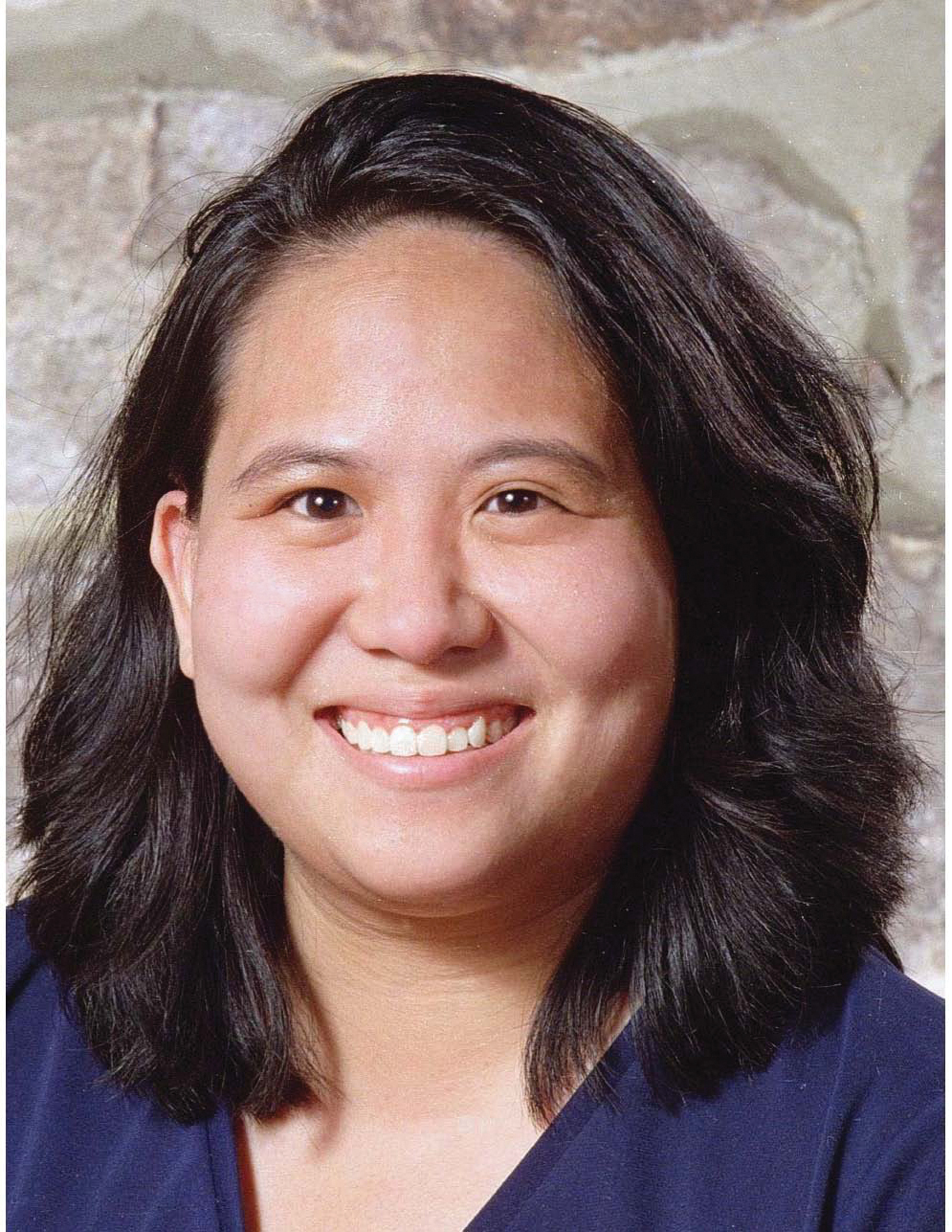
Collaboration is key

It was clear from the time she graduated from YSU with a BS in Mathematics and Computer Science in 1989, at age 17, and an MS in Mathematics at age 18, that Eunice Santos was going places. Now a few months into her role as dean of the School of Information Sciences at the University of Illinois at Urbana-Champaign, Santos looks back fondly at how her YSU roots formed the foundation for her future.
Daughter of Eugene Santos, professor emeritus of Mathematics and Computer Science, and Evelyn Santos, who taught both Electrical Engineering and Mathematics courses, Eunice lived in Austintown but grew up on campus and thought of her classmates as “big sibs.”
After YSU, Santos attended the University of California, Berkeley where she earned both an MS and PhD in Computer Science. She held faculty positions at Lehigh University and Virginia Tech and served as senior research fellow at the Center for Technology and National Security Policy in Washington, D.C.
Santos, whose research focuses on understanding new computational models that can depict and simulate how entities interact and how groups and organizations evolve, cites the importance of collaboration, curiosity and mentoring. Y Magazine recently had an opportunity to learn more about Santos.
You have been credited with helping to recruit female students to the computer science discipline. How important do you believe it is to have strong female role models in your field?
I think diverse role models are very important. When I was studying CS, I don’t remember being taught by a female professor in CS. I was fortunate to have my mother, who was an electrical engineer, serve as a role model. Things are better now, but there have been long periods in my career where I was either the sole female CS professor or one of only two or three female professors in my department. Students would express their concern at the small numbers of female role models and whether that meant there was not a place for them in the professional community. This led to my interest in joining and nurturing programs to provide role models, peer mentoring support or pipeline growth (from K-12 to college).
How important is collaboration in your research and in academia as a whole?
Collaboration is a critical component in producing research that has a broad-based effect on society and the world. Interdisciplinary research provides true opportunities to take a holistic view of how to approach big-picture research. For example, I’m leading a research project focused on understanding and modeling health disparities (in particular, diabetes care and management) due to factors including socio-economic differences. I bring to the table my expertise in mathematical modeling, computational social systems, high performance computing and AI. The team consists of experts in computer science, biomedical engineering, medical researchers in endocrinology, health policy researchers, and community organizations and stakeholders. Each of us on our own would be able to help move the needle forward, but would have great difficulty in coming up with a broad approach that could produce a larger impact. The fact that we work together and understand each other’s approaches and disciplines should help us overall make greater advances than each one alone.
What advice do you have for students considering a career in computer science, information science or data science?
These fields serve as sets of fundamental disciplines that are needed to help create solutions in many sectors of industry (tech, financial, biomed, etc.), and in society. They also are continually evolving, especially when they are tied with technological advances and the role/effect of technology in society. If you have a natural curiosity and want to be in fields that evolve and that bring forth new questions, approaches and solutions, these are fields to consider.
